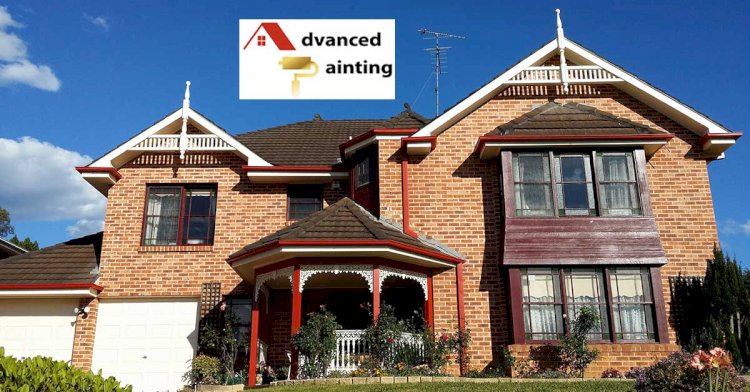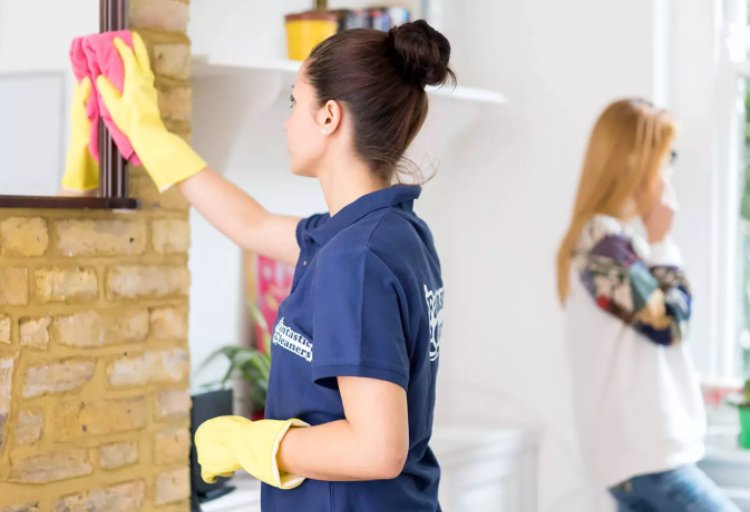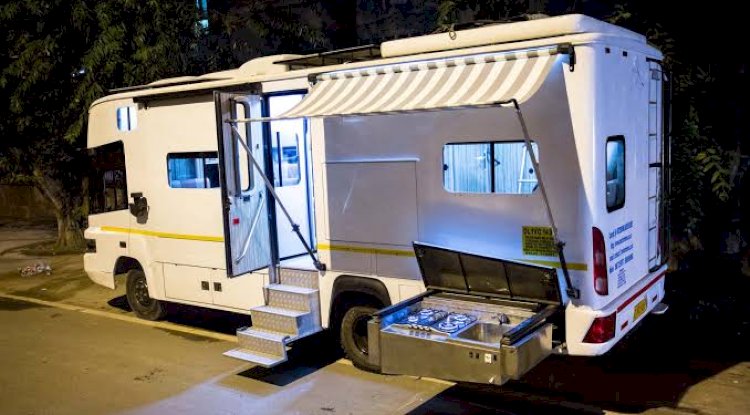Understanding Your Rights: What Your Landlord Can (and Can't) Deduct from Your Security Deposit
Learn what landlords can and can't deduct from your security deposit when you move out, and how to protect yourself from wrongful deductions.

At the beginning of a lease term, tenants are required to pay a security deposit to the landlord. This payment serves as a form of insurance for the landlord, in case the tenant causes damages beyond normal wear and tear, unpaid rent, or other breaches of the lease agreement. While the amount of the security deposit can vary, it is typically equivalent to one or two months' rent. The landlord is responsible for holding onto the security deposit until the end of the lease term, at which point they are required to return it to the tenant if there are no damages or unpaid rent. Unfortunately, there are instances where landlords have wrongfully deducted funds from a tenant's security deposit for unreasonable reasons, leading to disputes and unnecessary financial loss. Therefore, it's important to understand what landlords are allowed to deduct from the deposit and are not allowed, as well as how to take steps to protect your deposit.
What Your Landlord Can Deduct from Your Security Deposit
When your lease ends, your security deposit is typically refunded to you by your landlord. However, there are certain circumstances in which your landlord can deduct from your deposit to cover expenses that you may have incurred during your tenancy. These deductions are limited to actual damages and expenses that are directly related to your tenancy.
One of the most common reasons that a landlord may deduct from your security deposit is unpaid rent. If you owe rent at the end of your lease term or if you have broken your lease early, your landlord can deduct any outstanding rent from your deposit. However, it's important to note that landlords cannot charge you for rent that you owe beyond the end of your lease term.
Another reason that your landlord can deduct from your deposit is for damages beyond normal wear and tear. Normal wear and tear is defined as the natural deterioration of a rental unit over time. Landlords cannot charge you for damages that result from normal wear and tear, but they can deduct from your deposit if you have caused excessive damage to the rental unit. For example, if you have put holes in the walls, broken windows, or damaged the flooring beyond normal wear and tear, your landlord can deduct the cost of repairs from your deposit. However, if the damage is minor, such as scuffs on the walls or small nail holes, your landlord cannot deduct from your deposit.
Landlords can also deduct from your deposit if you have not cleaned the rental unit properly. This can include excessive dirt, grime, or debris left behind. However, it's important to note that general cleaning fees are not allowed, and landlords cannot deduct from your deposit for routine maintenance or normal wear and tear.
Unfortunately, some landlords wrongfully deduct money from a tenant's security deposit for unreasonable reasons, such as general cleaning fees, repainting the walls, and routine maintenance. These deductions are illegal, and tenants have the right to dispute them. If the tenant and landlord cannot reach an agreement, the tenant can file a complaint with their state's consumer protection agency or seek legal action.
One example of wrongful deduction is a case where a tenant in Canberra had their security deposit partially withheld by their landlord for routine maintenance expenses, such as cleaning carpets and painting walls. However, under ACT legislation, landlords are not allowed to deduct for these expenses as they are considered routine maintenance and are the landlord's responsibility. The tenant was able to recover their deposit in full after taking legal action.
To avoid wrongful deductions, you can hire professional end of lease cleaning services. End of Lease Cleaning Experts Canberra specializes in providing top-quality cleaning services that meet landlord expectations for end of lease cleaning. Their services include carpet cleaning, wall washing, kitchen cleaning, and bathroom cleaning. By using their services, you can help ensure that your rental unit is left in top condition and avoid any unnecessary deductions from your security deposit. If you do end up disputing deductions, be sure to understand your rights and options as a tenant to ensure a fair resolution.
What Your Landlord Can't Deduct from Your Security Deposit
There are specific expenses that they cannot charge the tenant for. These expenses include general cleaning fees, repainting, and routine maintenance.
General cleaning fees, such as vacuuming, dusting, or mopping the floors, cannot be charged to the tenant's security deposit. Landlords have the responsibility to maintain the property and ensure that it is clean and habitable before new tenants move in. However, if the tenant leaves the property dirty or damaged, the landlord may deduct from the security deposit to clean or repair it.
Repainting is another expense that landlords cannot charge to a tenant's security deposit unless it is due to damages beyond normal wear and tear. If the walls are dirty or have holes from pictures, the landlord can charge for repainting. But if the tenant has occupied the property for a certain period, the landlord cannot charge for repainting the unit simply because of that.
Routine maintenance, such as changing air filters or fixing a leaky faucet, is also the landlord's responsibility and cannot be deducted from the tenant's security deposit. Some landlords may try to charge tenants for these expenses, but they cannot do so legally.
It is crucial for tenants to understand their rights regarding security deposits. If a landlord makes any illegal deductions, the tenant can dispute the charges and take legal action if necessary.
How to Protect Your Security Deposit
To protect their security deposit, tenants should take proactive measures before and after moving into a rental property. These include:
-
Document the condition of the rental unit: Tenants should take pictures or videos of the rental unit before moving in and again before moving out to document the condition. This documentation will serve as evidence if there are any disputes over damages or cleaning fees.
-
Keep records of communication with the landlord: Tenants should keep records of all communication with the landlord, including emails, text messages, and phone calls. This will help in case there are any disputes later on.
-
Read the lease agreement: Tenants should read their lease agreement thoroughly and understand their rights and obligations as a tenant. This will help them to avoid any misunderstandings with the landlord.
-
Understand state and local laws: Different states have different laws governing security deposits. Tenants should understand the laws in their area to know their rights and obligations. For example, in Canberra, the Residential Tenancies Act 1997 outlines the rules that landlords and tenants must follow.
-
Thoroughly clean the rental unit: Before moving out, tenants should thoroughly clean the rental unit. This includes cleaning the carpets, windows, and appliances, as well as repairing any damages that the tenant may have caused.
By taking these steps, tenants can protect their security deposit and avoid any disputes with the landlord over damages or cleaning fees.
Conclusion
Understanding your rights regarding security deposits is crucial for protecting your finances as a Tenant. Your landlord is legally allowed to deduct money from your security deposit for unpaid rent or damage beyond normal wear and tear. However, they cannot deduct money for general cleaning fees, routine maintenance, or repainting. To protect your security deposit, you should take steps such as documenting the condition of the rental unit before moving in and out, keeping a record of communication with the landlord, and understanding the state and local laws that govern security deposits.
Share
What's Your Reaction?
 Like
0
Like
0
 Dislike
0
Dislike
0
 Love
0
Love
0
 Funny
0
Funny
0
 Angry
0
Angry
0
 Sad
0
Sad
0
 Wow
0
Wow
0

















